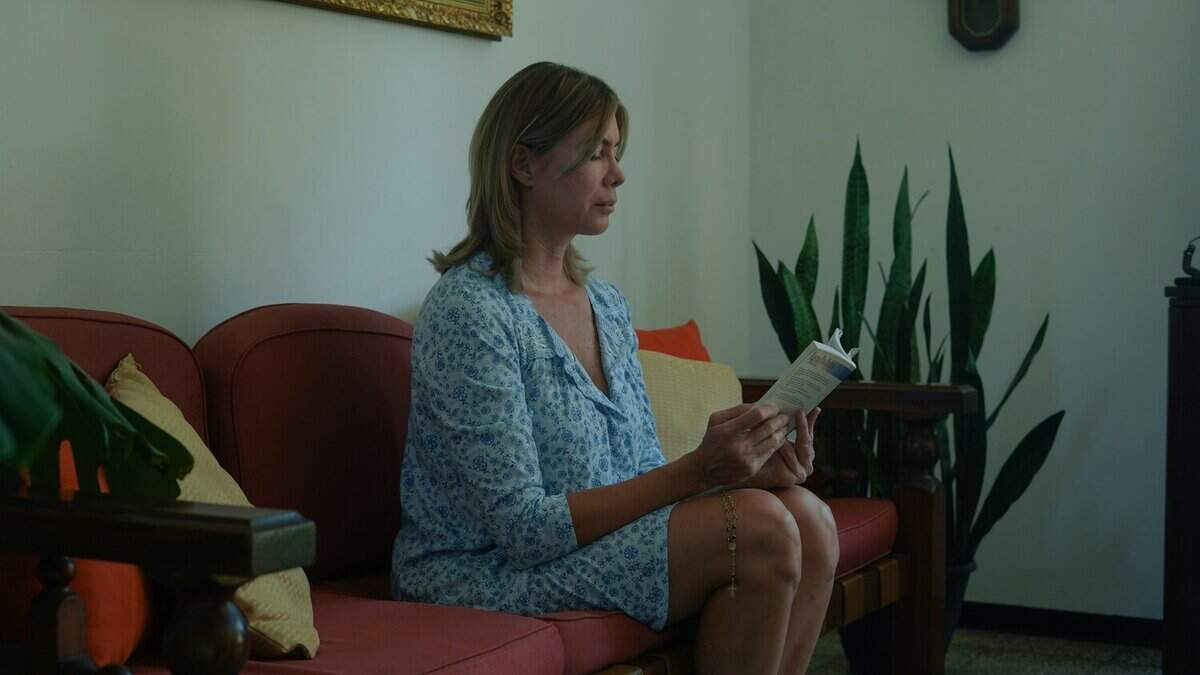Navigating mental health in a society that values stoicism and self-control can feel like walking a tightrope.
While these values are commendable, they should come with reasonable space for vulnerability and understanding.
In many cultures, there’s this deep-rooted belief that showing emotion is a sign of weakness. This creates a huge barrier to seeking help or even admitting to oneself that something’s wrong.
You might feel isolated, caught between your internal struggles and external expectations to stay composed.
It’s exhausting to carry all that weight alone, especially when society discourages open conversations about mental health.
But there’s good news.
Recognizing that this is an issue is the first step toward finding your own way to heal.
1. The Hidden Toll of Suppression
In cultures that promote “keeping it inside,” emotional pain often becomes invisible.
People learn early on that expressing vulnerability can lead to judgment or shame, so they bottle things up.
Over time, this can lead to anxiety, depression, or even more severe issues, all while society remains unaware.
This pressure to appear strong and unbreakable can cause you to hide your true feelings, making it even harder to ask for help.
This silence can seep into your daily life, affecting your relationships, work, and overall well-being.
But suppose you start recognizing that your mental health matters – that’s a powerful step toward breaking the cycle of silence and starting your journey to healing!
2. How to Ask for Help When It Feels Impossible
Reaching out in a culture that discourages vulnerability isn’t easy, but it’s not impossible.
First, acknowledge that mental health struggles are normal and that seeking help is brave.
You can start small – write down your feelings, join online forums, or connect with anonymous helplines.
Many countries now have mental health apps and online counseling services that let you speak to professionals without revealing your identity.
You don’t have to announce what you’re going through to everyone, but that one person you can trust or a safe space online can make a huge difference.
Taking that first step is about prioritizing your well-being, even if it feels uncomfortable at first.
3. Finding Good Therapists
Locating a therapist in a culture that discourages vulnerability can feel like searching for a needle in a haystack.
Luckily, online therapy platforms are changing the game by connecting you with licensed professionals from around the world, often with flexible schedules and language options.
Look for platforms that emphasize confidentiality そして cultural sensitivity.
Some services even have therapists specialized in helping clients from societies that value emotional restraint.
If you’re worried about stigma, consider anonymous sessions or text-based therapy.
The goal is to find someone who understands your background and can support you without judgment, helping you work through your feelings safely and privately.
4. Online Solutions
When trusting someone physically close feels daunting, online mental health resources can be a lifesaver.
Apps like Betterhelp, Talkspace, or even some platforms that are local to you offer confidential counseling that you can access anytime.
Many of these services include video, audio, or chat options, giving you control over how you communicate.
There are also mental health communities and forums where people share their stories and support each other without revealing identities.
These options allow you to explore your feelings, learn coping strategies, and connect with others who understand your experience – all from the comfort of your home.
They’re powerful tools for navigating mental health in a culture that often silences vulnerability.
5. Challenging Your Own Prejudices
Growing up in a culture that stigmatizes mental health can lead to internalized shame または 否定 about your struggles.
To start healing, it’s important to challenge these learned prejudices.
Reflect on where these beliefs come from – often from societal norms or family expectations – and question their validity.
Educate yourself about mental health. Read articles, listen to stories, and understand that seeking help is not a sign of weakness. It actually requires a lot of strength.
Mental health is just as vital as physical health.
Embracing this shift can help you reframe your thoughts and foster self-compassion.
Overcoming ingrained prejudices takes time, but it’s essential for embracing vulnerability and moving toward genuine well-being.
6. Embracing Vulnerability Despite Cultural Taboos
It’s tough to open up when your culture discourages vulnerability, but it’s also one of the most powerful steps toward healing.
Start small – share your feelings with a trusted friend, try journaling, or participate in support groups online.
Being vulnerable doesn’t mean oversharing! It’s about allowing yourself to be authentic and expressive.
Over time, this builds resilience and helps break down the shame associated with mental health struggles.
Practice self-compassion and remind yourself that everyone has struggles.
Embracing vulnerability is an act of courage that can lead to genuine connection and healing, even in a toxic environment that urges you to keep it inside.
7. Connecting With Like-Minded People
The journey toward mental wellness can feel lonely, especially when sharing struggles openly isn’t welcome in your culture.
That’s why finding your community, people who understand what you’re going through, is so important.
Join online groups, forums, or social media communities focused on mental health and self-care. Many of these spaces are safe zones where you can express yourself without judgment.
Connecting with others who share your experiences can help you feel less isolated and more understood.
These bonds can motivate you, offer advice, and remind you that being vulnerable is okay.
Building your support network, online or offline, can make all the difference in finding strength and hope in an environment that discourages openness.
8. Is It Possible to Heal on Your Own?
While some people prefer to handle their mental health journey alone, it’s important to recognize that healing often requires support.
Keeping everything inside might seem like the easiest path, but it can also deepen your pain over time.
Asking for help is a sign of self-respect and courage.
Whether through therapy, online communities, or trusted friends, reaching out can provide new perspectives and coping tools.
While it may be possible for some people to heal all on their own, it’s quite rare.
A little Aquarius, devoted to writing and embroidery. Through my writing, I hope to empower readers to align with their true selves and navigate life’s mysteries with confidence.









